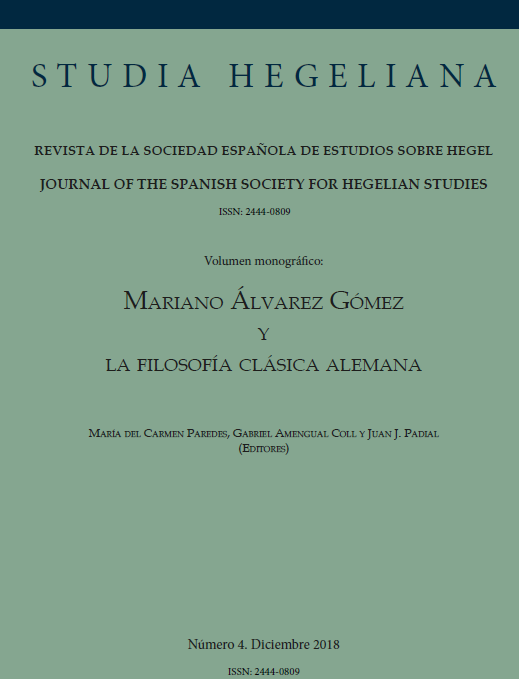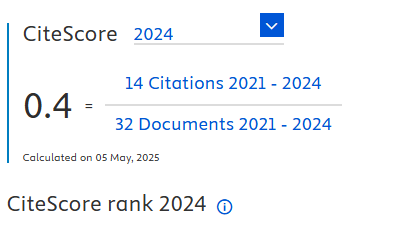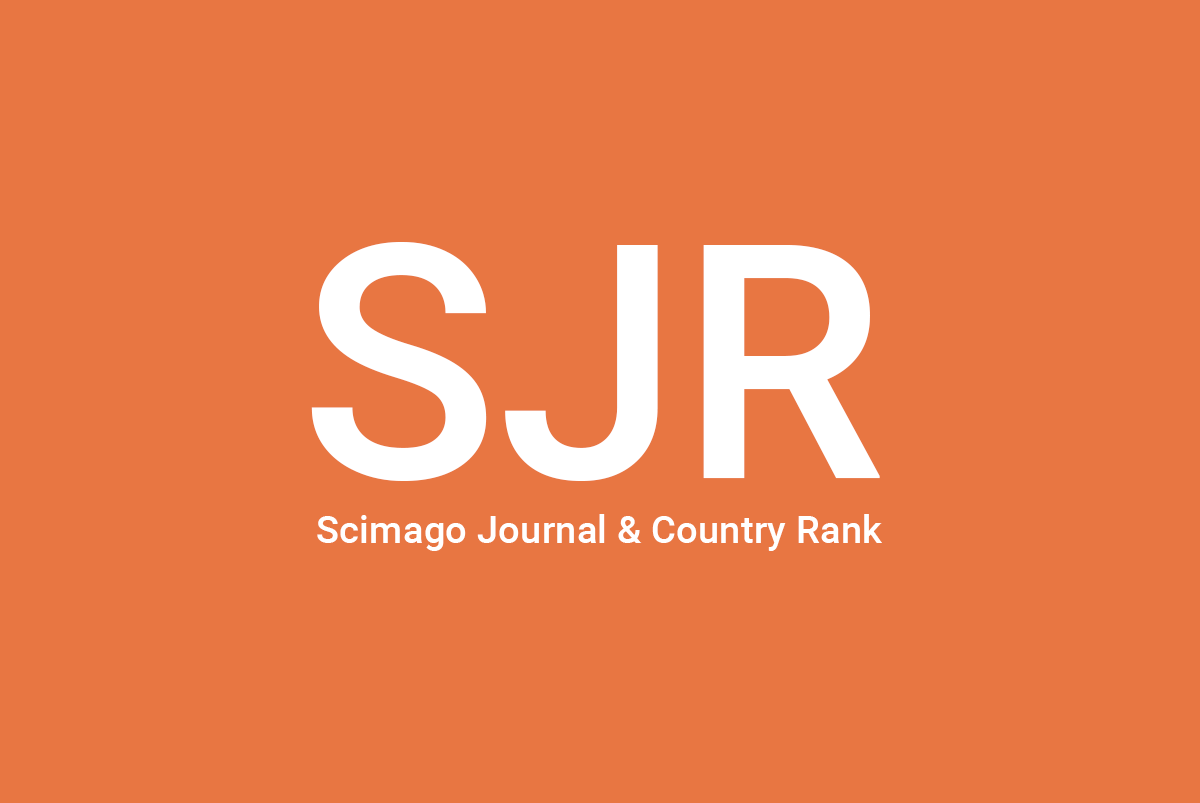Hegel and Fichte in 1820: State and Monarchy
DOI:
https://doi.org/10.24310/stheg.4.2018.12297Keywords:
Hegel, Fichte, Political Philosophy, Right, Political Theology, Constitution, MonarchyAbstract
In 1820, in the middle of the conservative reaction, Hegel published the Grundlinien der Philosophie des Rechts, and Fichte’s colleagues edited his Staatslehre and published it posthumously. By focusing on the political context, this paper analyses the conception of state at stake in the two texts, and its relationship with the monarchical principle. The work emphasizes the tensions inside Hegel’s doctrine of the power of the Prince and its hereditary character, and sheds light on Fichte’s position, which in turn defends the necessity to repeal monarchy in a constitutional state. At the same time, the paper shows that the functions and meanings of the political theology underlying both the works are radically opposite.
Downloads
Metrics
Publication Facts
Reviewer profiles N/A
Author statements
Indexed in
-
—
- Academic society
- N/A
- Publisher
- Universidad de Málaga
References
Downloads
Published
How to Cite
Issue
Section
License

This work is licensed under a Creative Commons Attribution-NonCommercial-ShareAlike 4.0 International License.
This journal provides immediate free access to its content under the principle of making research freely available to the public. All contents published in Studia Hegeliana. Journal of the Spanish Society for Hegelian Studies, are subject to the Creative Commons Attribution-NonCommercial-ShareAlike 4.0 licence (specifically, CC-by-nc-sa), the full text of which can be found at <http://creativecommons.org/licenses/by-nc-sa/4.0>. Derivative works are therefore permitted as long as they are not used for commercial purposes. The original work may not be used for commercial purposes. The journal is not responsible for the opinions expressed by the authors of the works published in it.
It is the authors' responsibility to obtain the necessary permissions for images that are subject to copyright.
Authors whose contributions are accepted for publication in this journal retain the copyright. It is non-exclusive right to use their contributions for scholarly, research and educational purposes, including self-archiving or deposit in open access repositories of any kind.
Since volume 7 of 2021 the journal Studia Hegeliana has changed the copyright. Since that year the authors have retained the copyright.
The electronic edition of this journal is published by the Editorial de la Universidad de Málaga (UmaEditorial), being necessary to cite the source in any partial or total reproduction.







244.png)






















